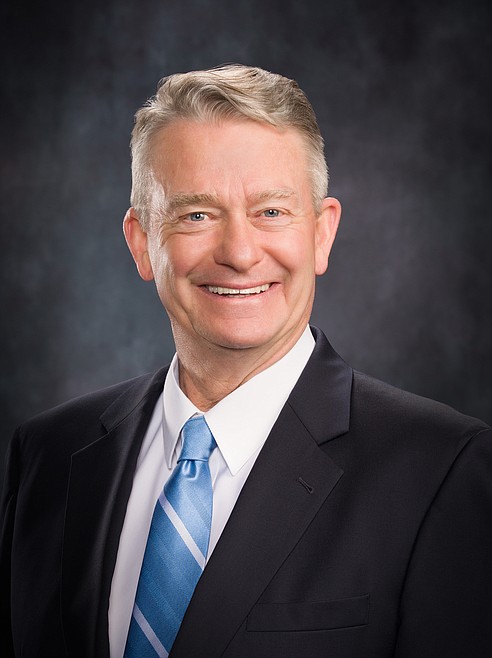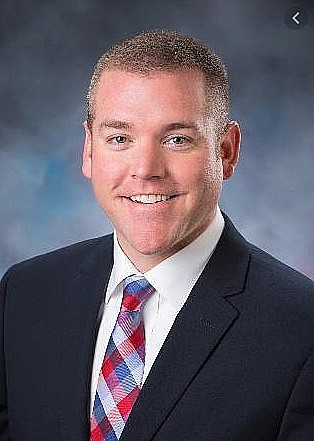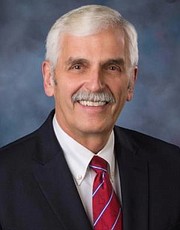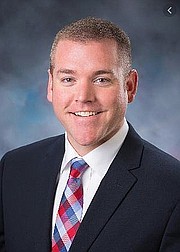Special session focus: election, lawsuits
But education not on Monday’s agenda
Gov. Brad Little released his much-anticipated proclamation Tuesday calling for a special session of the Idaho Legislature, including language for three bills.
While two topics remain up for debate in the special session — election measures and civil liability in the COVID-19 era — a third topic urged by House and Senate committees was left off the table: Education.
“Special legislative sessions by their very nature are intended to deal with time-sensitive issues that require immediate legislative action and cannot wait until the general session in January,” Little said in a statement.
The special session, which will convene Monday, can only include items introduced by Little, who negotiated with legislative leaders from both the Idaho House and Idaho Senate for weeks before Tuesday’s proclamation. It’s a provision that Rep. Ron Mendive, R-Coeur d’Alene, said stymies what could be productive discussions about critical state issues.
“The only thing we can do is discuss the legislation the governor introduced,” Mendive said. “The governor sets the agenda. All we can really look at are the things that are put before us.”
Mendive said he supports still-hypothetical bills that would expand the Legislature’s abilities to call themselves into a special session, rather than wait for a sitting governor to call the House and Senate back into service. Some form of such a bill is likely to be introduced when the Legislature returns to regular session in January.
“This whole incident has opened a lot of people’s eyes to some changes that need to be made,” Mendive said.
Little’s proposed legislation includes two bills about maintaining elections this November. The first amends current election law to establish timetables for requesting absentee ballots; specifically, it states absentee ballots shall be sent no later than 30 days before the election to regular Idaho citizens and no later than 45 days before the election to those in uniformed service of our country.
The bill further allows election offices to open and process absentee ballots up to seven days before Election Day. The goal is to streamline what is expected to be the heaviest absentee ballot count in Idaho history.
The second election bill establishes the use of “voting centers,” precinct-free electronic stations that use blockchain-like technology to enable local voters to cast their votes without going to a specific polling place based off their home addresses.
The third bill amends the civil liability laws on the books to prevent businesses and institutions that make good faith efforts to protect employees, staffs and customers against COVID-19 from being sued.
Rep. Paul Amador, R-Coeur d’Alene, was part of the working group that submitted civil liability legislation to Little. He said Little’s proposal matched the working group’s recommendations.
The education legislation put forward by both House and Senate Education Committee working groups over the summer would have addressed whether public health districts can close schools, as well as emergency funding mechanisms for schools and school districts, should the pandemic worsen. The civil liability bill Little presented would stave off lawsuits against schools and school districts, but otherwise, education will not be addressed.
Amador said not including school topics in the limited special session is a missed opportunity.
“As far as my personal opinions on those, there needs to be a healthy discussion as far as the school district’s role in closing,” Amador said.





